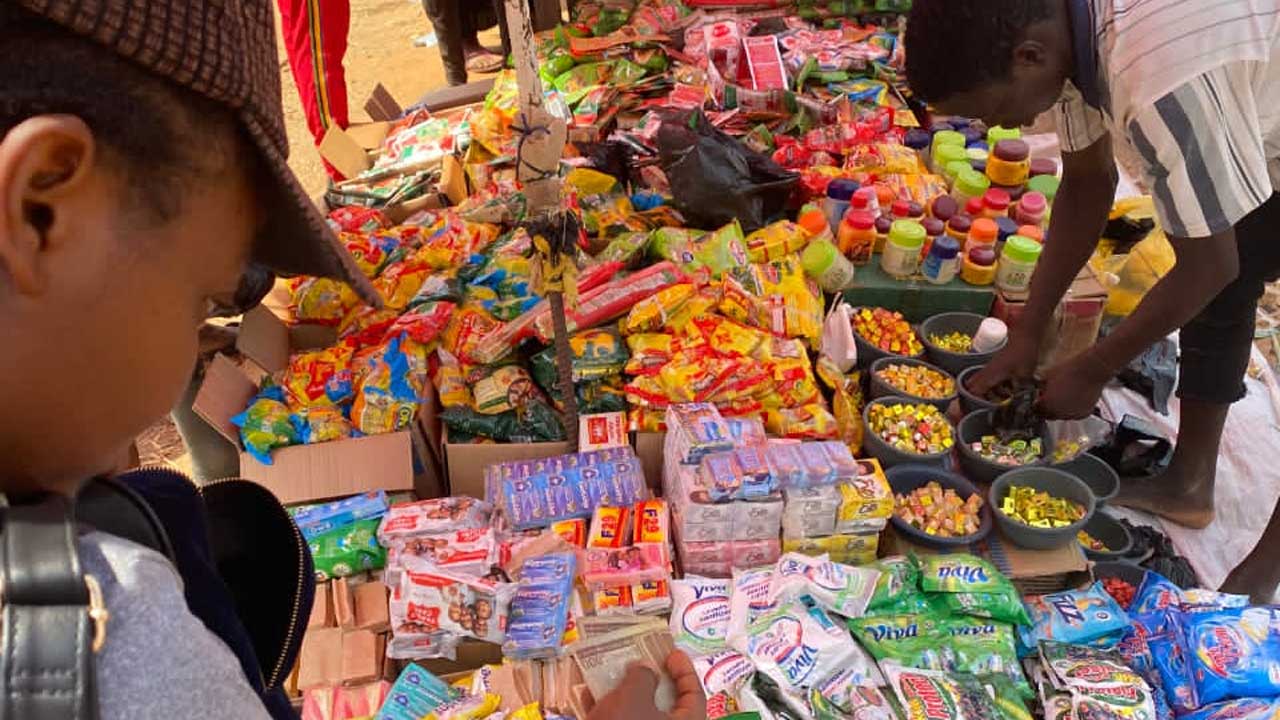
• Recount losses
It was a moment of relief for Abuja residents, following the release of old naira notes by banks.
The Central Bank of Nigeria (CBN), had last week ordered commercial banks to commence payment of old currency notes over the counter as well as loading them in Automated Teller Machines (ATMs), following the Supreme Court’s ruling on return of old currency notes as legal tender.
In major markets visited in Abuja, commercial activities are gradually returning to their old selves with heavy monetary transactions.
Traders and sellers in Duste market, Maitama ultra-modern market Kubwa, Mandala Central market, Bwari market, Zuba Fruit market and Wuse market, who spoke to The Guardian expressed delight that normalcy is gradually returning.
A trader, Amaka Agnes said: “Tomatoes are very perishable. Majority of these goods come from Niger State and sometimes as far as Osun and Kaduna states. On a normal day, we suffer losses if goods stay too long on the road, but since the cash crunch, I have lost 15 baskets of tomatoes due to low patronage.
“The policy really took its toll on every trader selling perishable goods. The release of the old notes has brought a relief. Just today, I sold seven baskets. This hasn’t happened since the crunch started.”
A warehouse supervisor, Ikechukwu Nnamdi said: “A few days into the re-circulation of the old currency notes, traders within the market have sold more than 20 bags per day due to surge in patronage. Before now, only about four to five bags were sold per day.
“The crunch was devastating for traders and many lost up to ten bags of rice, nine bags of millet, two bags of melon seeds.”
Also, a major fruit trader in Zuba fruit market, Aminu Ishiaku said: “We contribute money to buy fruits from states, like Taraba, Kwara and sometimes, Benue, which we share among ourselves and sell to our customers.
“During the cash scarcity, we lost bags of fruits worth several thousands of naira. Our customers also reduced drastically because of lack of cash. I don’t have a bank account, so, my brother will collect the transfers for me, and it has brought huge discomfort.
“When we heard the old currency notes would be re-circulated, we were reluctant, but we started accepting it and life has been better than before. I will also go and open a bank account.”
A trailer driver, Kazeem Ibrahim said: “I used to bring bags of onions from the north to Mandala market, but traders had stopped buying because they had no cash. My friend Isah, who sells onions lost bags of onions due to lack of patronage.
“This new development has improved patronage, though money is still scarce, the difference is huge. Travelling is now easier, compared to how it was during the cash crunch.”
Also, a thrift cloth dealer, Anita Emmanuel, who expressed excitement with the new development, said: “When the news of the return of the old naira notes hit the airwaves I was super excited. But it was not in circulation as one expected. Most vendors were very reluctant to collect money transfers and this limited my sales. People have suffered, and businesses have folded up because of the cash crunch. I was one of the lucky few that survived.”
A Point of Sale (PoS) agent, Shola Aduni, who narrated how she was victimized, said: “I was beaten up by people who thought my charges were too high. Many PoS agents like me faced such intimidation and victimisation.
“I was thrown out of business because I couldn’t constantly wake up early to get little or no cash from ATMs. It dealt a devastating blow to my business. My two daughters went down with a fever, and I had to boil leaves for them to drink since there was no cash.
“Though the money we get is not much as it should be, it has made life significantly better and I am back in business.”
A commercial grinding engine operator, Marbel Ejiro, said: “I folded up because I tried accepting transfers, but it was not reflecting every time and that is a huge loss. Tomatoes are the major things we grind here since it is perishable. I suffered low patronage.”
A clergyman, Jide Adeyinka, revealed that the cash crunch slowed down construction of his church auditorium because labourers couldn’t get paid.
He said: “Due to the return of the old currency notes, the building construction has resumed. We had to pause because of lack of cash to pay labourers, who had no bank accounts.
“This impacted negatively on the entire progress. But with the introduction of the old currency note, we have recorded significant progress. The government should look at the people with compassion.”
A taxi driver, Akan Bassey, appealed to the government to release more notes.
“We thank God for their change of hearts. Bringing back the old currency has brought visible relief. The ATM queues are not flooded again. I was among the people refusing transfers. This is because I was repeatedly cheated. I appeal to the government to release more of it, to reduce the suffering of the common man,” he added.



